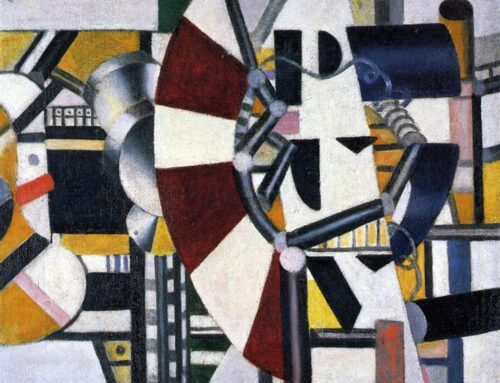Sakharov, Pushkin, and the prison camp: finding spiritual fulfillment in a shared poetic moment. From the memoirs:
Toward the end of our stay, Lusia and I watched David Samoilov giving a spirited recital of his work on a daytime television show, reading one poem after another, including one in which he addressed Pushkin with these words: “Thank God you are free, in Russia, at your estate in Boldino and in quarantine.” It occurred to me that this would be an appropriate epitaph for my own memoirs….
Vanya [the guard], who was off duty that day, was sitting beside me. The realization that we knew Samoliov personally came as a shock to him: the world where people wrote and read poetry seemed infinitely distant from his world of people debasing each other, drinking vodka, cursing and brawling, their days spent bending their backs and their nights seeking oblivion in sleep, a world where store shelves were empty and the films in the movie theatre had to be spliced over and over. And now, suddenly, our presence bridged that gap and the two worlds met.
Maybe I’m naive, but when I think of Vanya’s face that day, and of similar encounters, I begin to believe that this wretched, downtrodden, corrupt, and drunken people — no longer even a people in any real sense of the world — is not yet entirely lost, not yet dead. The grandeur of Russia’s history, the Orthodox religious revival, our role in revolutionary internationalism, may all seem unreal illusion when we contemplate today’s Russia, but sparks of simple humanity and compassion for others and a thirst for spiritual fulfillment have not yet been utterly extinguished. Will anything come of them? For the nation as a whole, I have no idea, but is that so important? On the personal plane, I am certain that so long as there are people, the sparks will glow.
Andrei Sakharov, Memoirs, trans. Richard Lourie






Leave A Comment